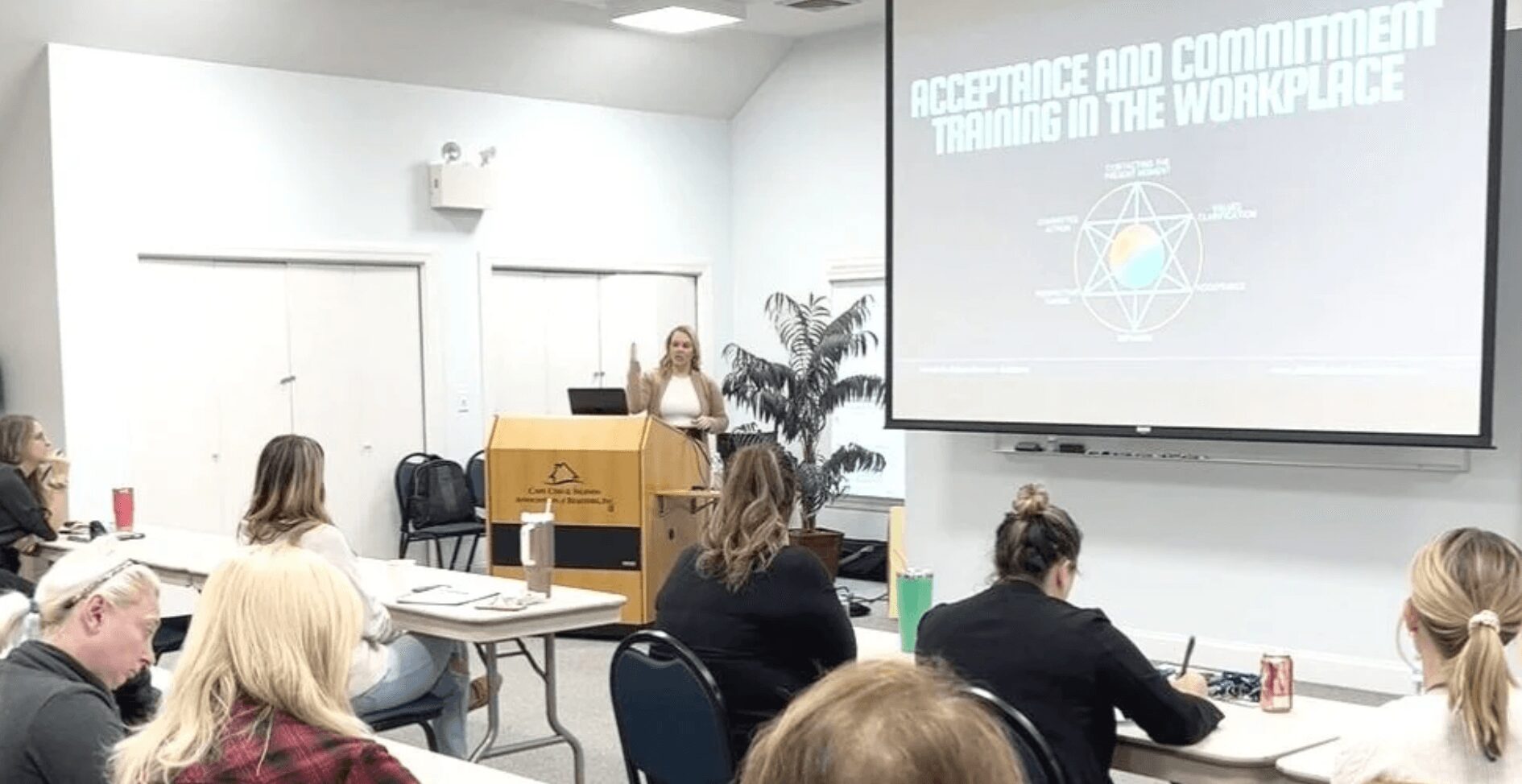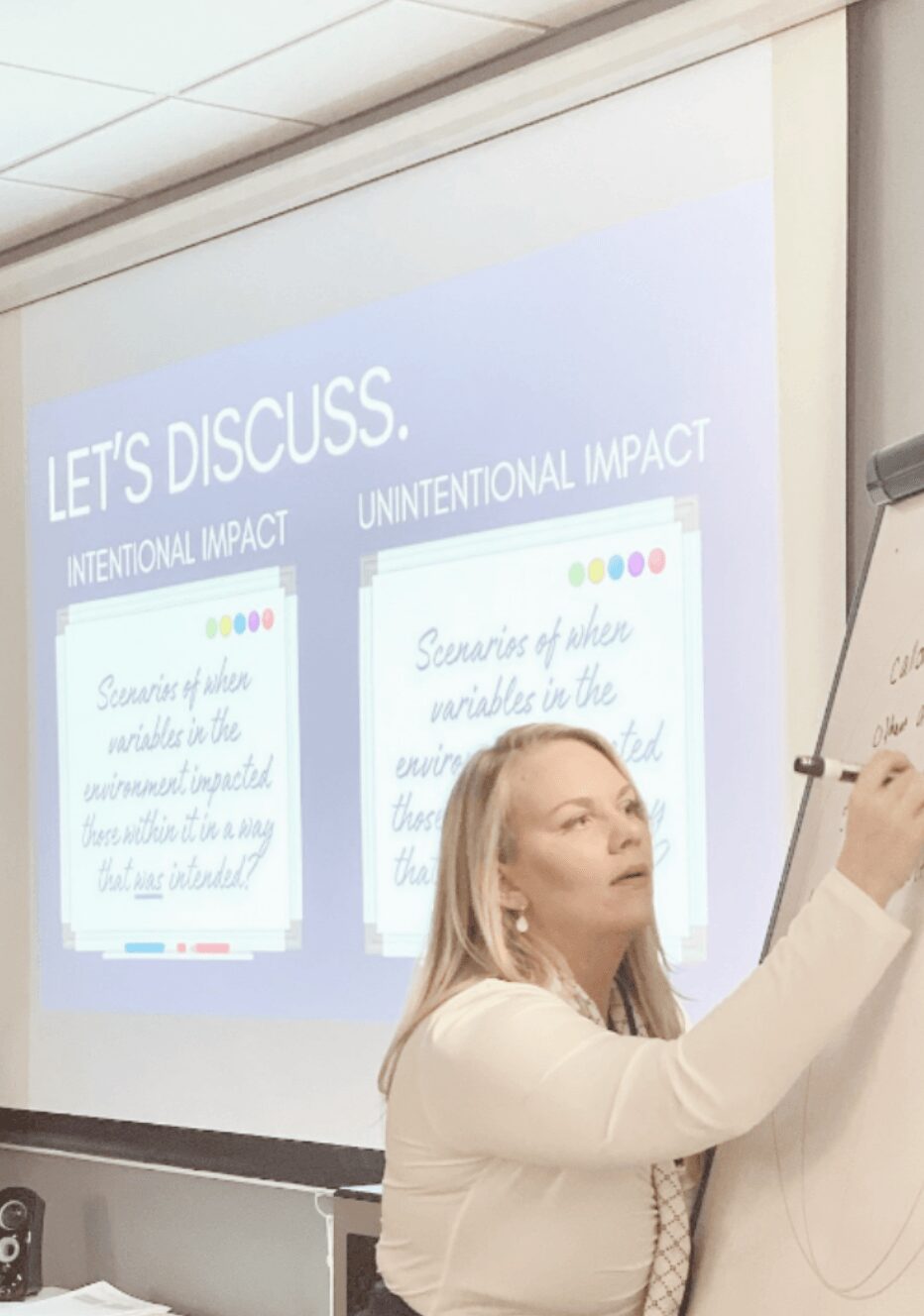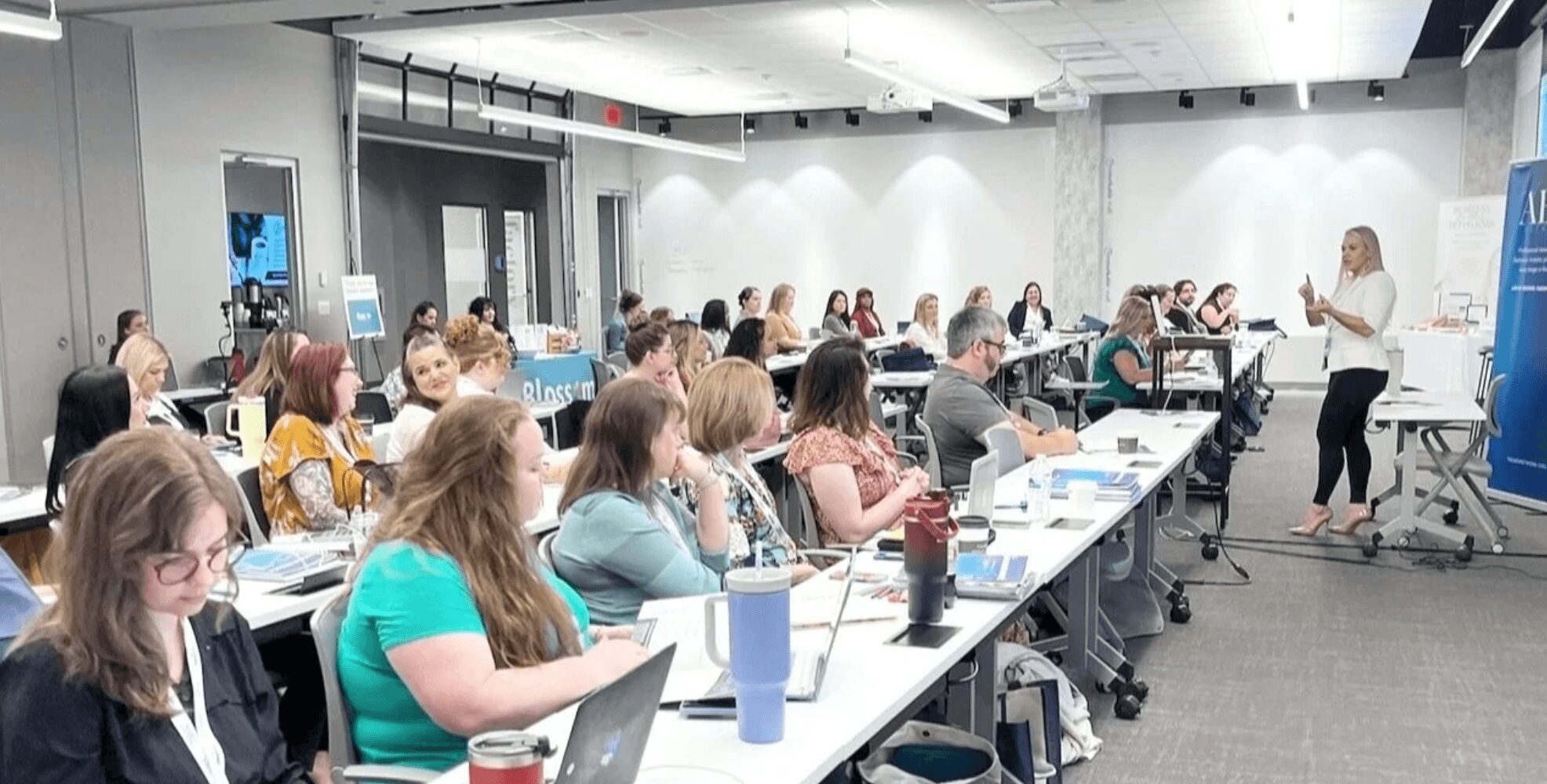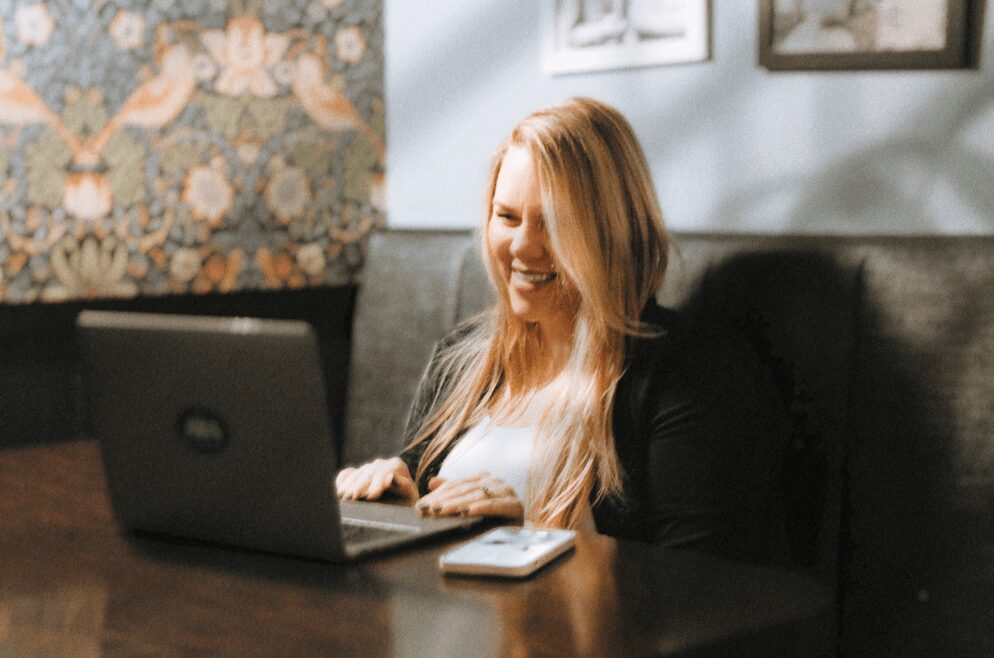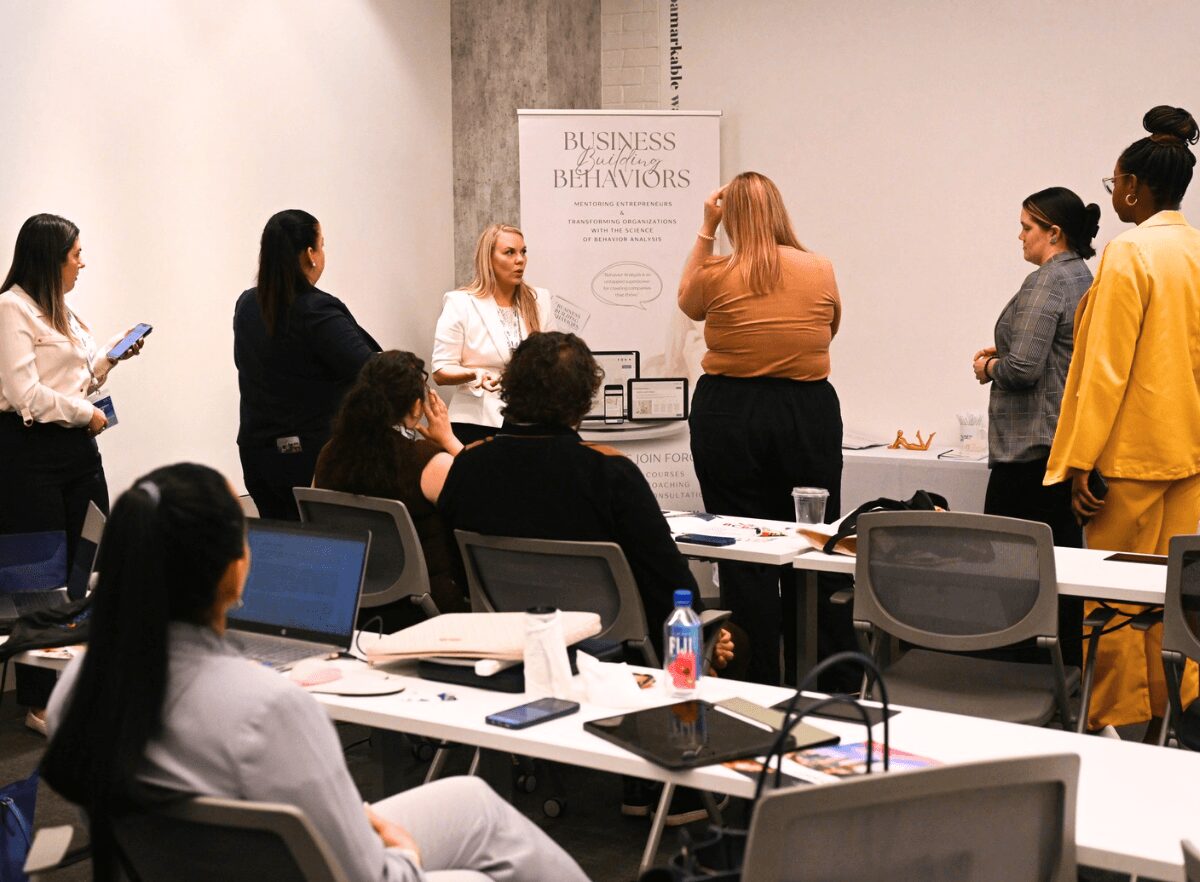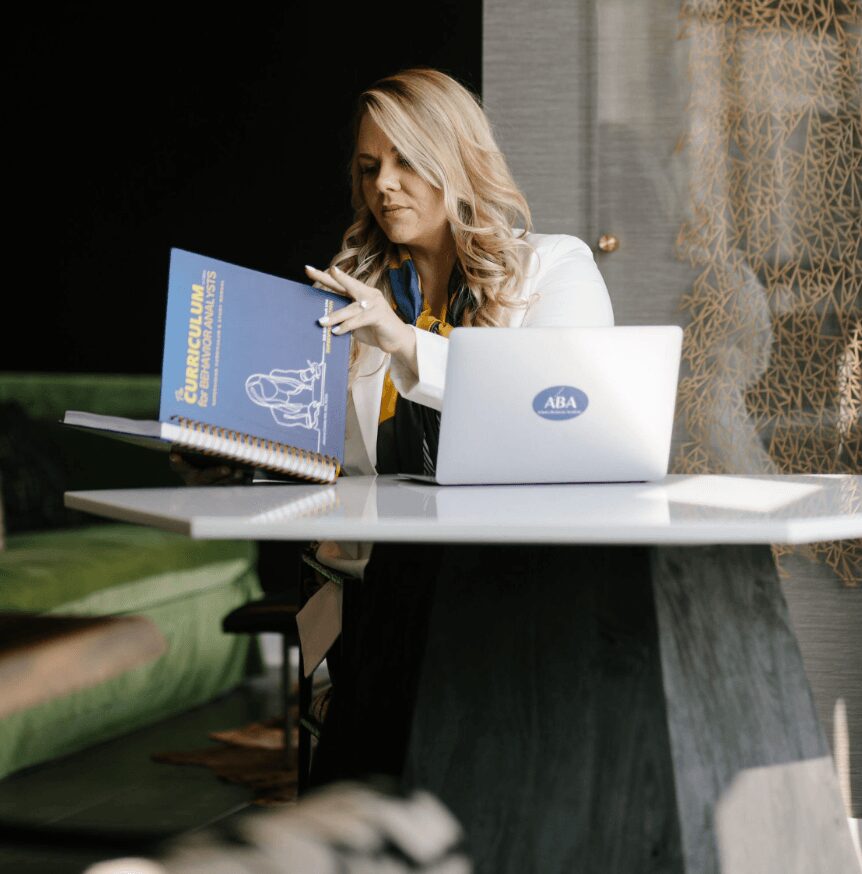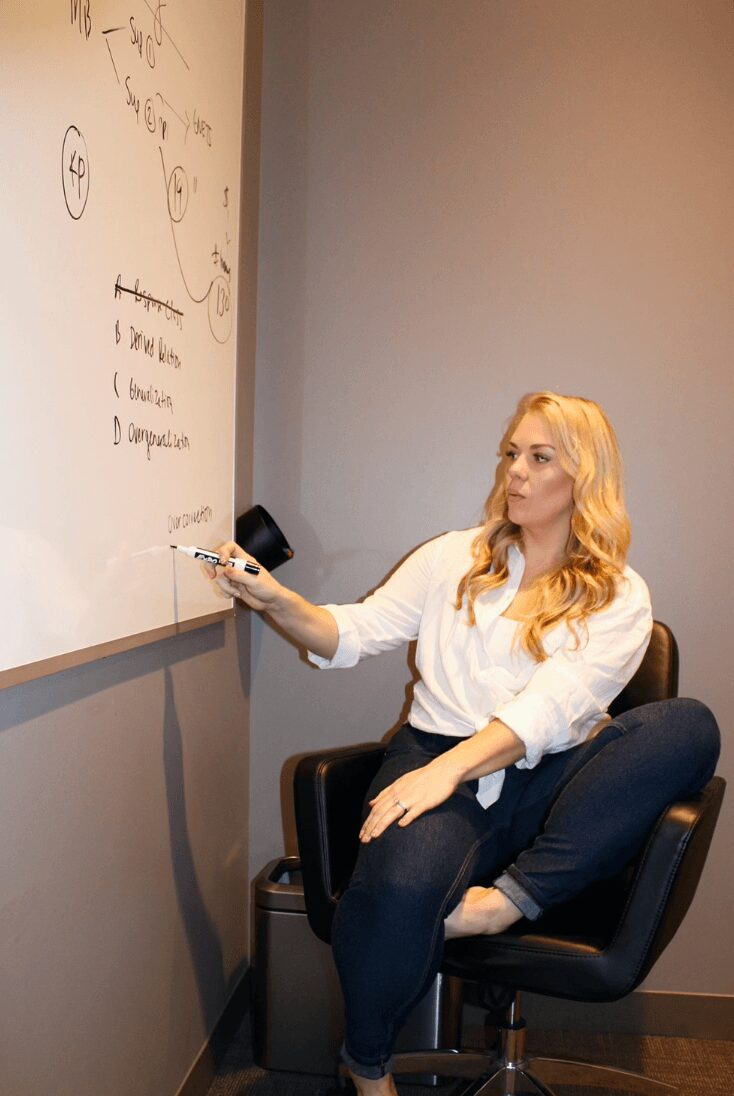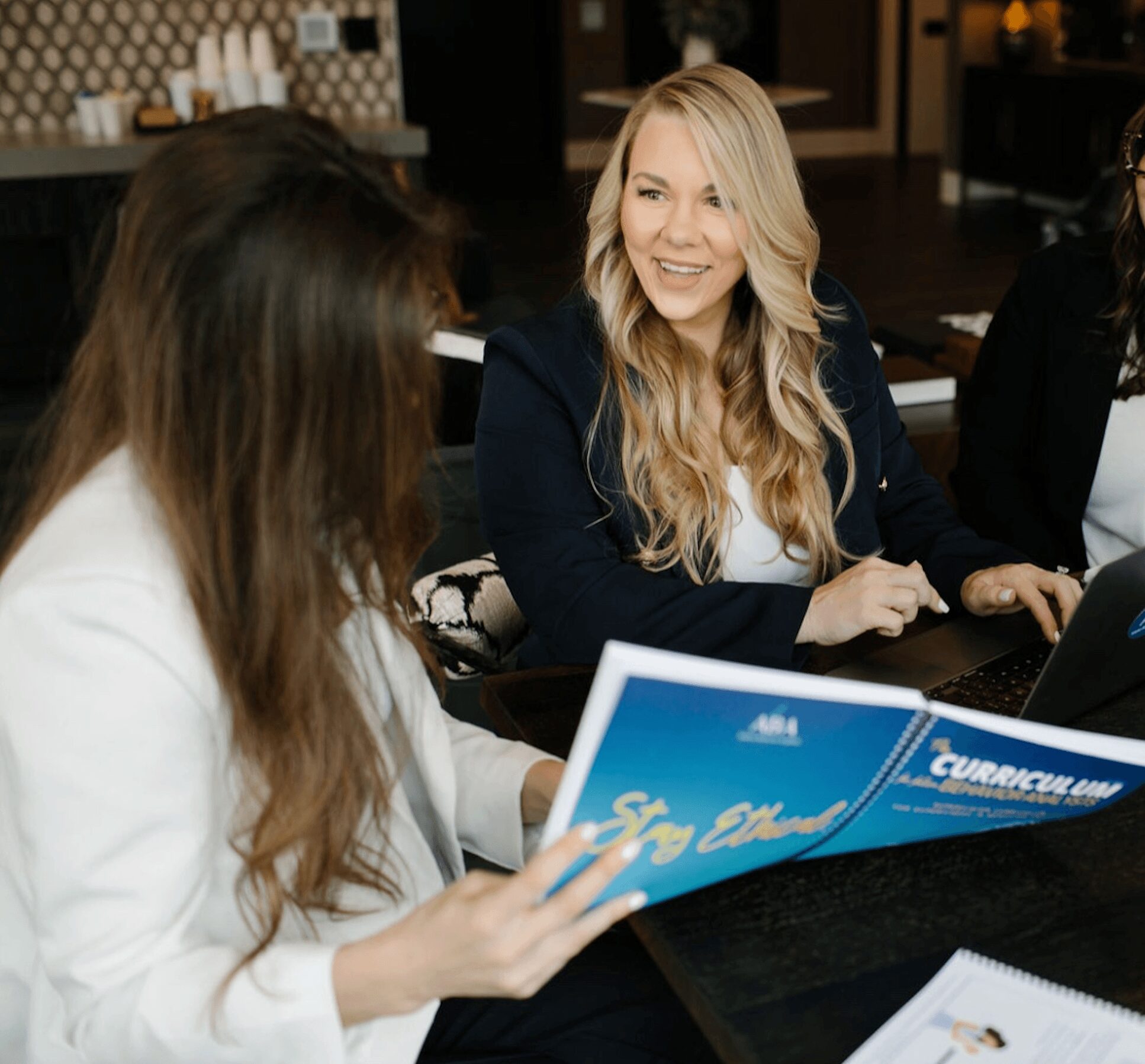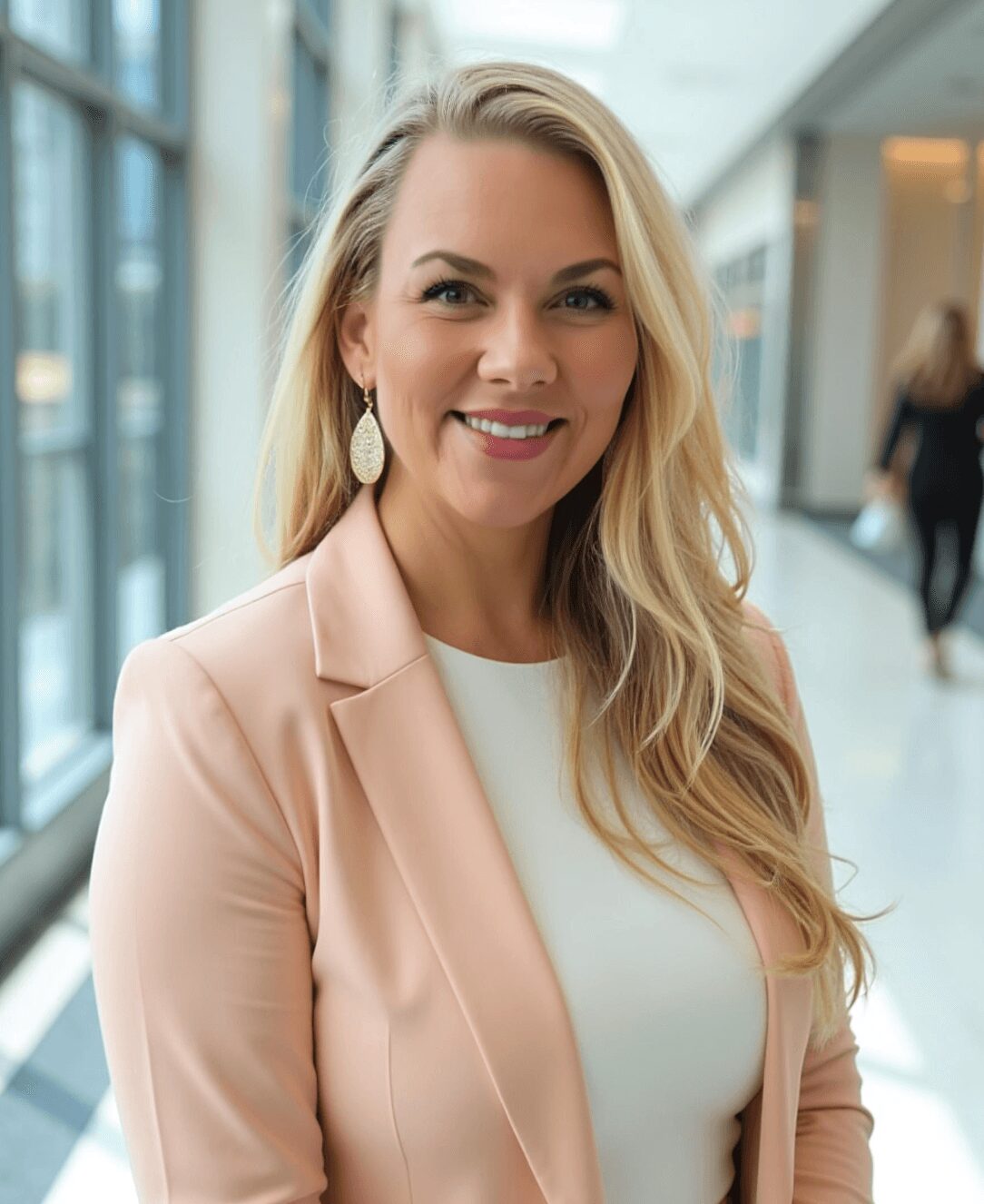

Jessica Zielske shared their story and experiences with us recently and you can find our conversation below.
Good morning Jessica, it’s such a great way to kick off the day – I think our readers will love hearing your stories, experiences and about how you think about life and work. Let’s jump right in? What do you think others are secretly struggling with—but never say?
I think so many people — especially professional women and moms — are secretly struggling with the pressure to do everything “right” and make it all look effortless. Behind closed doors, they’re questioning if they’re dropping the ball somewhere, if they’re really giving their best to their career, their family, and themselves. But they rarely say it out loud because vulnerability can feel like weakness in professional settings.
In the ABA field, this is especially true — over 85% of certificants are women, and most are in their late 20s to early 40s, which often overlaps with motherhood and family responsibilities. As a mom of three under three, I understand firsthand how heavy that juggle can feel. And as a coach and consultant, I see this daily in the women I work with — they’re brilliant and driven, but silently struggling with the myth that they have to carry it all alone.
The truth is, it’s not about doing it all. It’s about aligning your values, setting boundaries, and using practical, science-backed tools to navigate the juggle. That’s been my practice personally, and it’s the foundation of the work I do with other professional women. When people realize they’re not alone in that silent struggle, it opens the door to more honest conversations and sustainable growth.
Can you briefly introduce yourself and share what makes you or your brand unique?
I’m Jessica Zielske — a Board Certified Behavior Analyst, Certified Professional Coach, and the CEO & Founder of The ABA Network. My career has always centered around helping behavior analysts grow into confident leaders, and today that passion takes two distinct forms.
Through The ABA Network, I lead a company that equips behavior analysts and students with practical, science-backed resources — supervision curricula, fluency flashcards, workbooks, and exam-prep tools — that are now used by thousands of professionals across the field.
Separately, in my work as a coach, mentor, and consultant, I partner directly with leaders and supervisors in ABA. I help them strengthen their soft skills and leadership skills — the often-overlooked skills like giving feedback that lands, handling conflict, setting boundaries, and building trust. And what I’ve learned (and teach) is that leadership doesn’t start at the office. You can’t show up as a grounded, ethical, effective leader at work if you haven’t practiced tapping into those same skills in your own life outside of work.
On a personal level, becoming a mom of three under three — twins and a toddler — has reshaped how I connect with my audience. With over 85% of the ABA field being women, many of whom are also navigating motherhood, I understand the real juggle of balancing career, family, and identity. That lived experience, combined with my professional expertise, has deepened my commitment to helping women lead with confidence and sustainability in every role they hold.
Right now, I’m focused on expanding both sides of my work — growing The ABA Network’s digital resources while continuing to coach and consult with leaders — so that our field isn’t just technically strong, but also full of professionals who know how to lead people well.
Great, so let’s dive into your journey a bit more. What breaks the bonds between people—and what restores them?
What breaks bonds between people isn’t usually one dramatic event — it’s the small behaviors, repeated moments of silence, avoidance, or fear that build up over time. In workplaces, families, and friendships, bonds weaken when people stop feeling safe to be honest, to make mistakes, or to share what they really need. The research on psychological safety is clear: when people don’t feel safe to speak up, teams collapse into mistrust and underperformance.
What restores bonds is intentional repair. Science shows that trust is not built by perfection, but by reliable repair attempts — acknowledging the rupture, owning your part, and re-committing to the relationship. In leadership, that might look like circling back after hard feedback. In families, it might be apologizing to your child when you lost patience. Repair creates a feedback loop where people learn they can take risks, mess up, and still belong.
That’s why I focus so much of my coaching and consulting on soft skills and leadership skills. We can’t lead effectively at work if we don’t know how to restore trust in everyday life. Leaders who model repair, build psychological safety, and prioritize consistent follow-through create stronger teams, healthier cultures, and deeper human connections — at work and at home.
What have been the defining wounds of your life—and how have you healed them?
One of the most defining wounds of my life came after an eight-year relationship and a three-and-a-half-year marriage. Around the time I turned 30, I finally started listening to myself — really listening — and realized I had been living more for the version of me the world expected than for the person I actually was. That realization led me to make one of the hardest decisions of my life: to leave the marriage.
In the process, I let go of almost everything — the home I had helped renovate, the furniture I had collected, even saying goodbye to my dog. The only thing I kept was my leased car. I moved into an apartment where I spent countless hours on the patio, just looking out at the view and having honest conversations with myself. Who was I, separate from everything I had built around me? What did I truly want?
That chapter stripped me down to nothing, but it gave me the deepest gift: a relationship with myself that I had never truly cultivated before. I lost friends and family connections in that season, but what I gained was clarity, integrity, and the ability to trust my own voice. That reset has shaped everything since — my approach to motherhood, my leadership style, and the way I mentor and coach others. Because if you can’t have an honest, grounded relationship with yourself, you can’t show up as a leader in your family, your business, or your workplace.
So a lot of these questions go deep, but if you are open to it, we’ve got a few more questions that we’d love to get your take on. What are the biggest lies your industry tells itself?
Two of the biggest lies I see in our field are, first, that being technically correct automatically makes you effective, and second, that professionalism means hiding your authentic self.
In behavior analysis, we put so much emphasis on precision, data, and procedures that we sometimes forget: people don’t follow graphs, they follow leaders. You can have the most technically correct intervention plan in the world, but if you can’t build trust with your staff, deliver feedback in a way that lands, or repair when relationships rupture, your effectiveness is limited. Technical competence is the foundation — but it’s not the whole house. Soft skills like communication, trust, and emotional regulation are what actually hold the house together.
The other lie is that to be seen as “professional,” you have to strip away your humanity. I reject that completely. The science of psychological safety tells us the opposite: when people feel safe to be authentic and communicate honestly, trust grows, teams thrive, and outcomes improve. Vulnerability doesn’t make you less professional — it makes you more credible, relatable, and effective.
For me, true professionalism is about showing up as your full self, with integrity and consistency, and using both your knowledge and your humanity to lead. That’s what creates sustainable leadership in our field.
Before we go, we’d love to hear your thoughts on some longer-run, legacy type questions. What do you think people will most misunderstand about your legacy?
I think what people may most misunderstand about my legacy is that I don’t actually care about leaving a professional legacy if it comes at the cost of my legacy as a mother.
Professionally, I want to give people hope, help them feel more confident showing up as themselves, and provide science-backed frameworks to hit their goals and create paths toward their dreams without fear. That’s the foundation of The ABA Network and my coaching work. But I didn’t build a business to become a slave to it. I didn’t create it to be all-consuming or to make money at the expense of truly experiencing and being present with my family.
The truth is, I’ve wanted to be a mom since I was ten years old. After my divorce, I wasn’t sure if that would ever happen for me. Now, five years into my second marriage, raising three babies in two years — all during a pandemic — I’m crystal clear on what matters most. My business is a part of what I do and love, but it fits into my life, not the other way around. We only get one life, and I can’t coach others to honor their values and boundaries if I’m not walking my own talk.
What I hope people understand is that efficiency, directness, and intentional time management have allowed me to maximize my impact across all areas of life — as a mother, a wife, a leader, and a coach. My legacy isn’t about professional success alone; it’s about modeling what it looks like to live fully, lead authentically, and refuse to sacrifice one part of yourself for another.
Contact Info:
- Website: https://www.theabanetwork.org
- Instagram: theblondebehavioranalyst
- Linkedin: https://www.linkedin.com/in/theblondebehavioranalyst/
- Facebook: theblondebehavioranalyst
